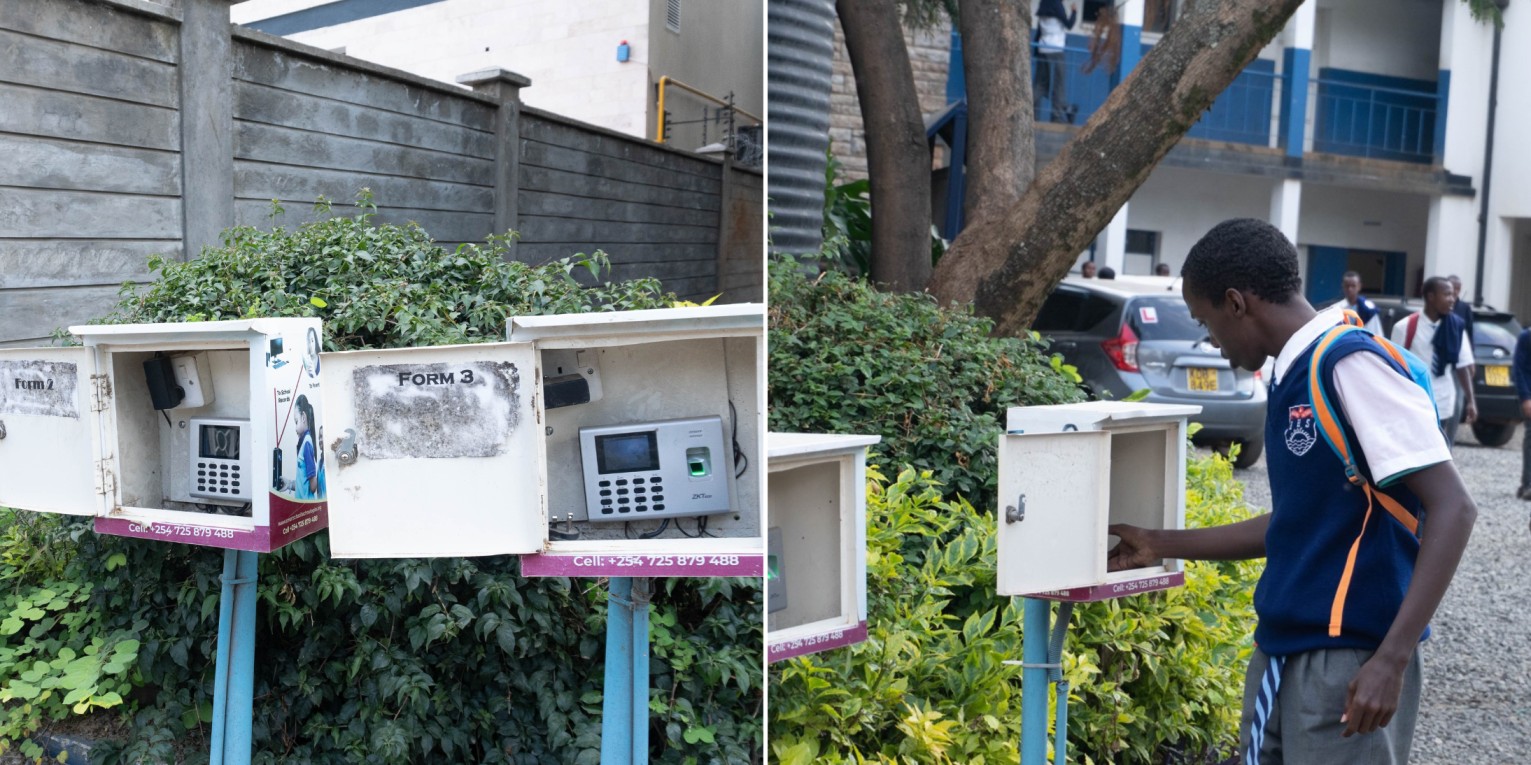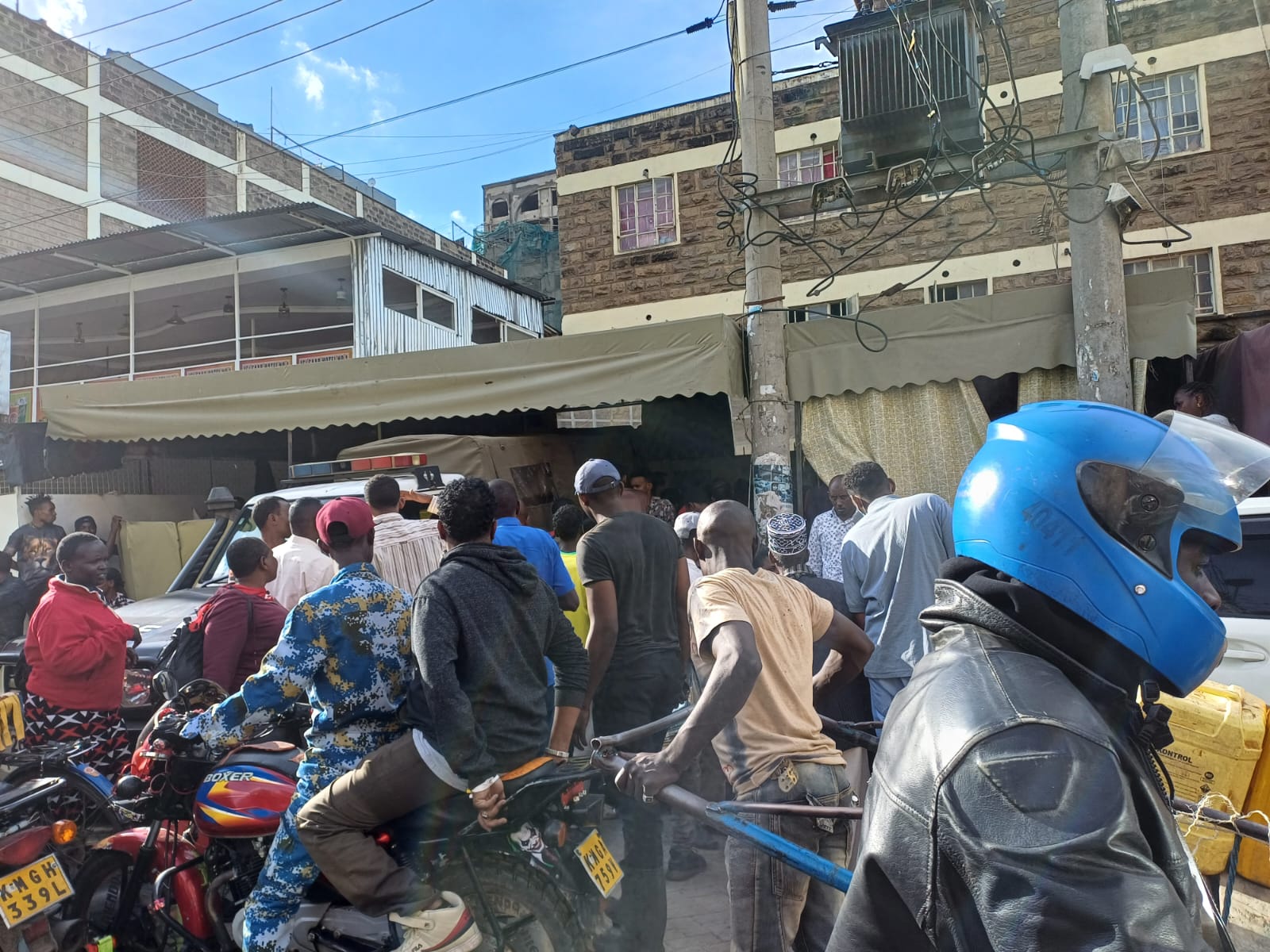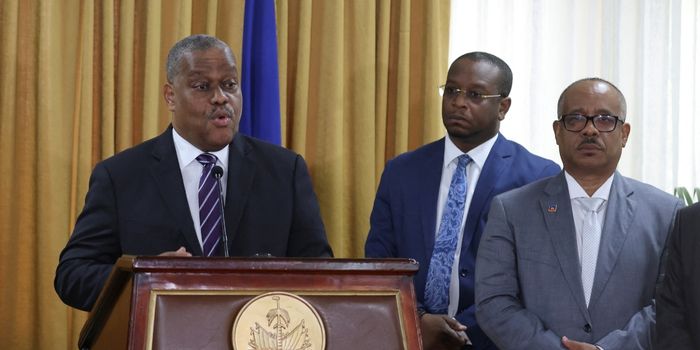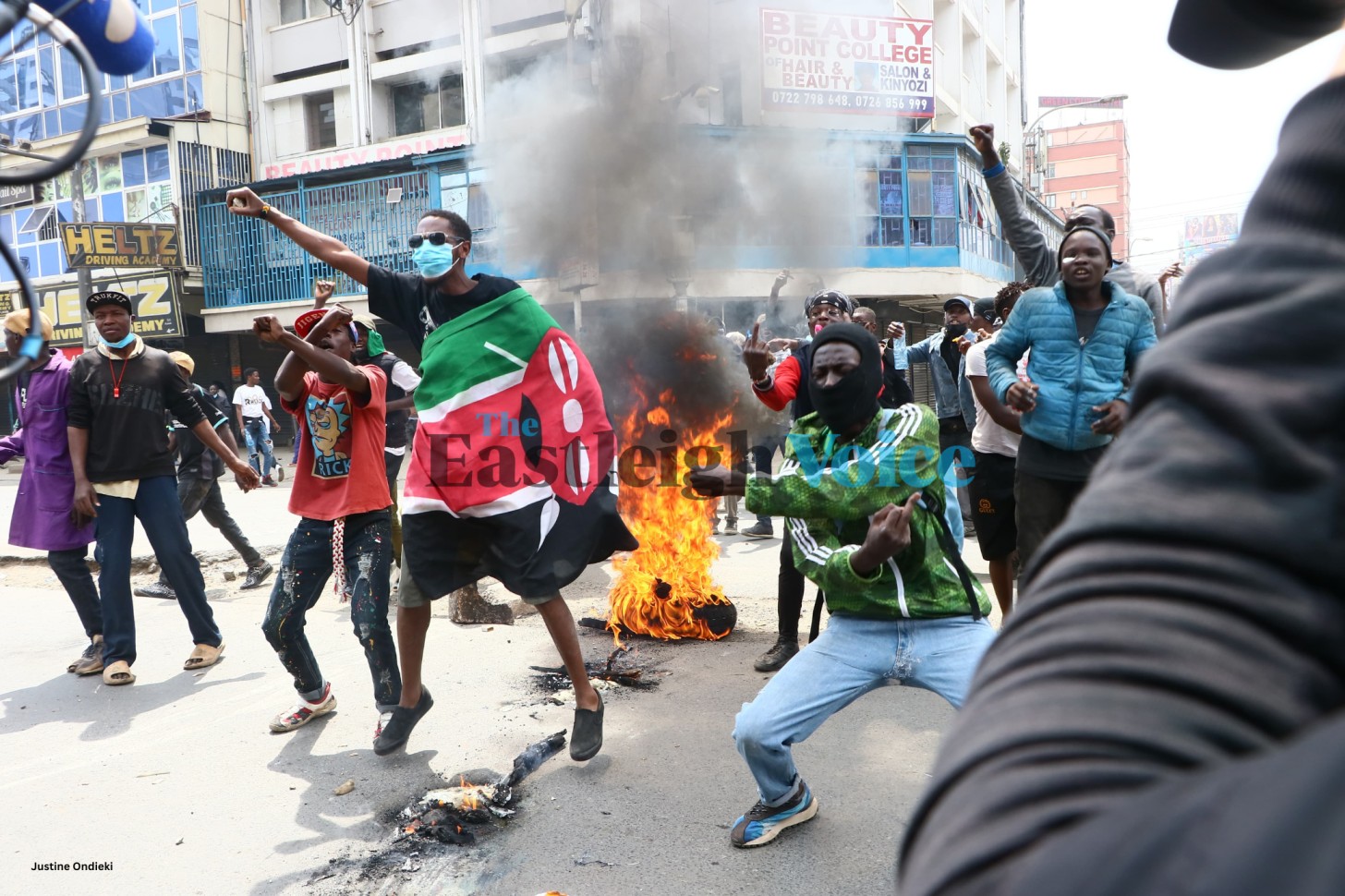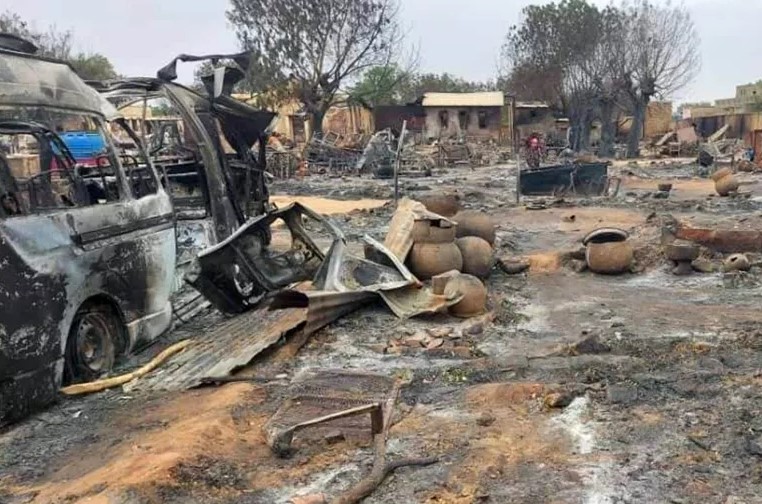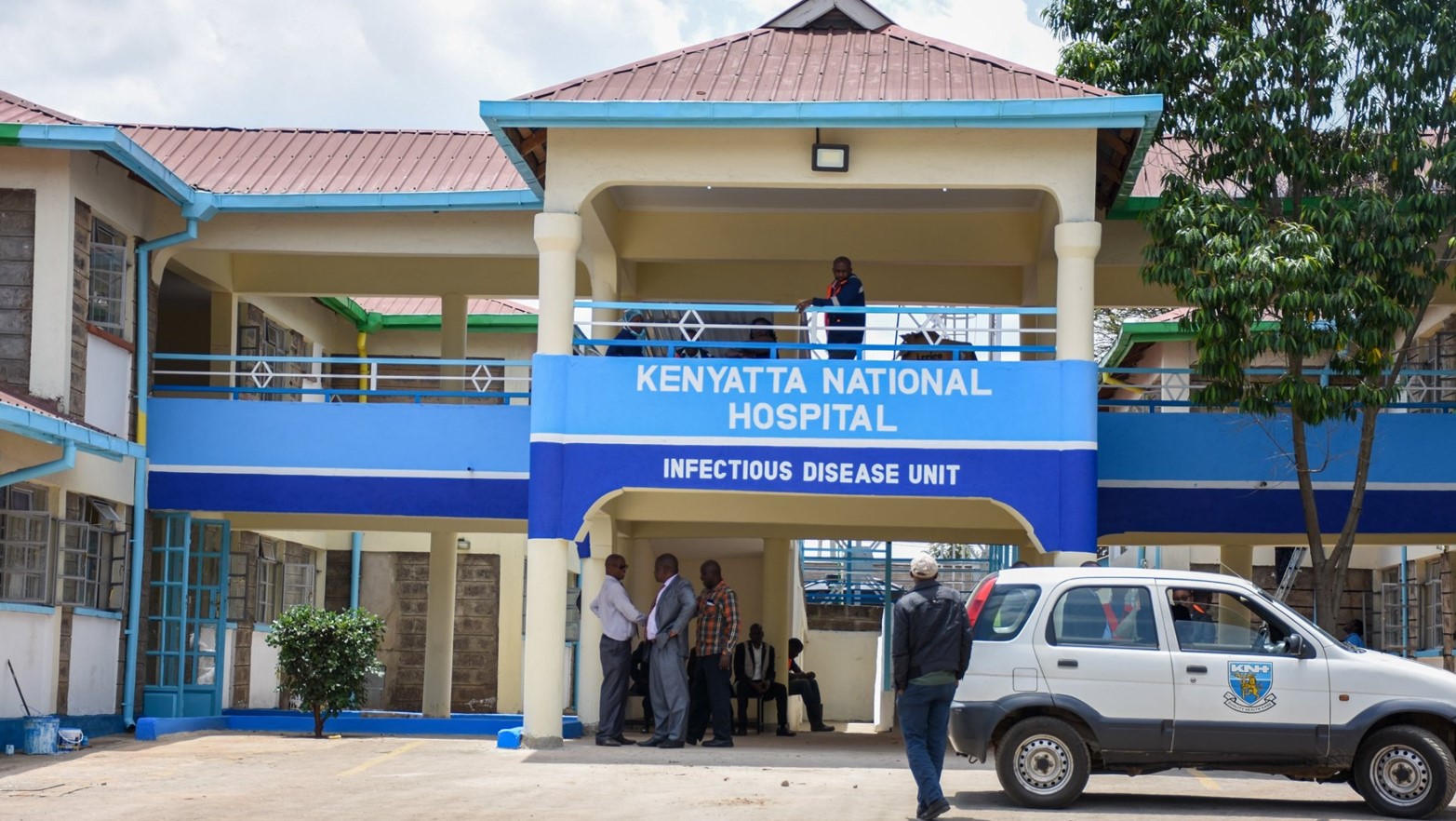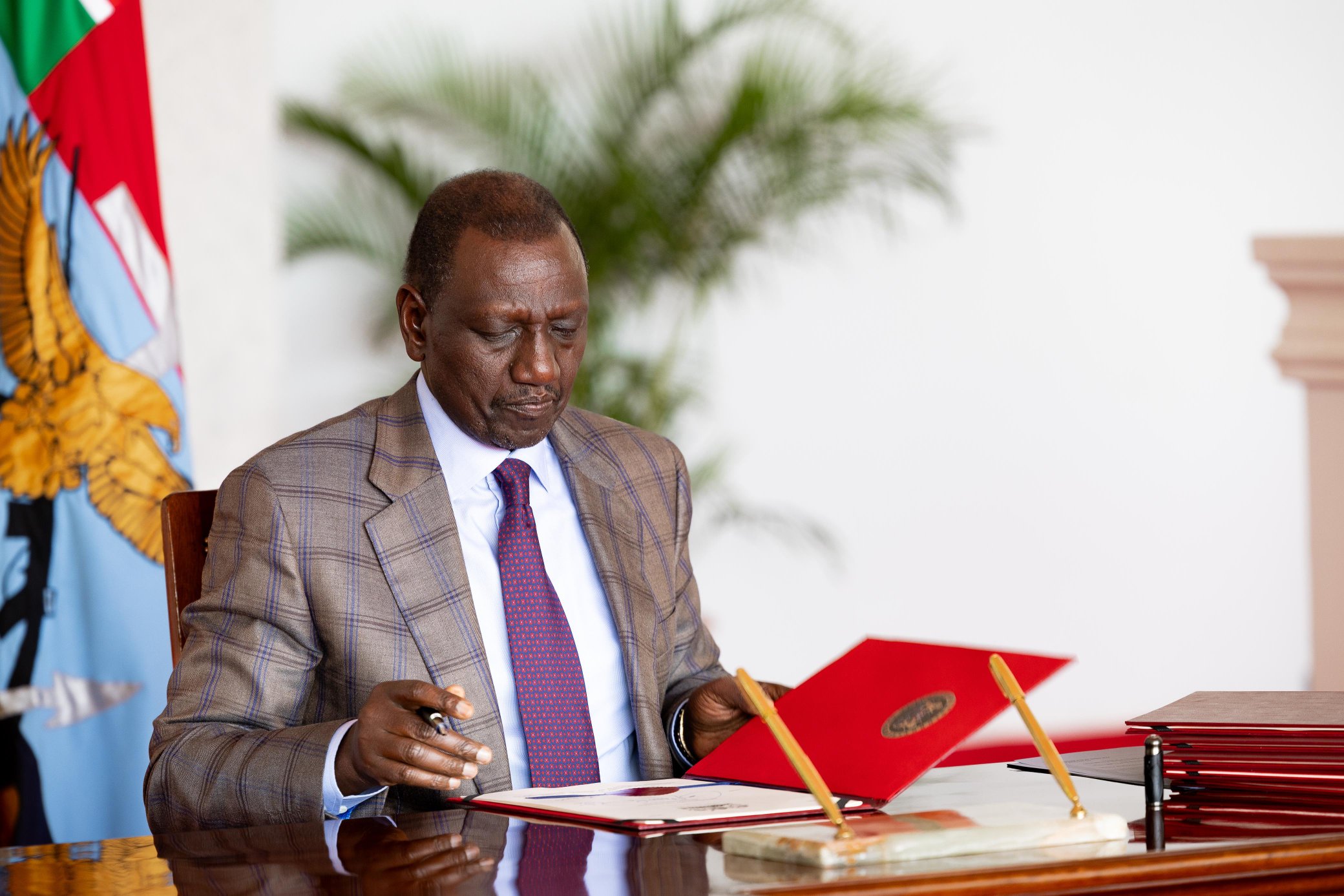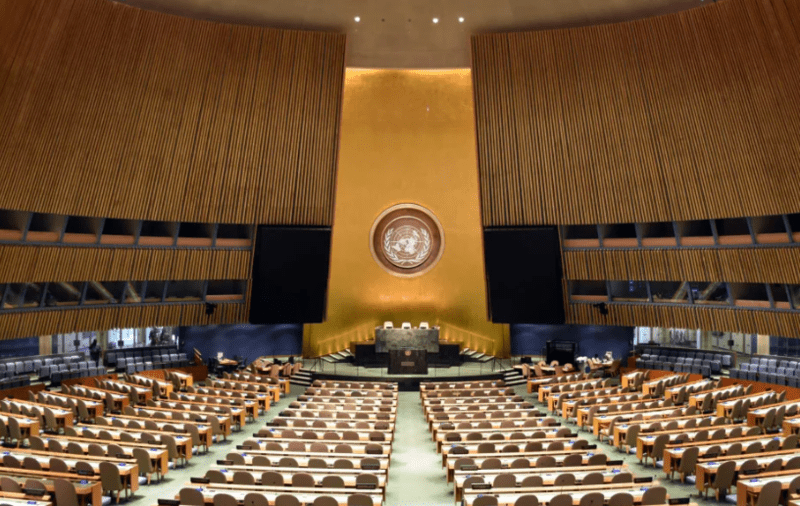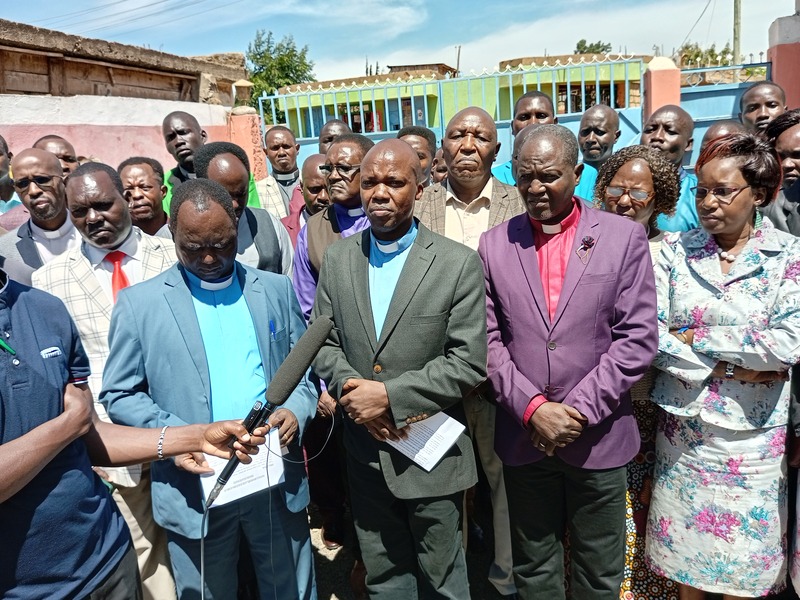UN designates July 11 as international day to commemorate Srebrenica Genocide
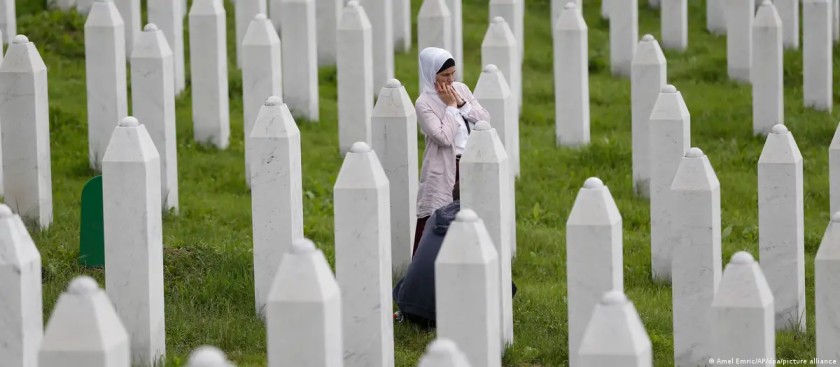
By Hanifa Adan |
Denis Becirovic, Chairman of the Presidency of Bosnia and Herzegovina, welcomed the resolution as an important step for promoting peace and reconciliation.
On Thursday, the United Nations General Assembly voted to designate July 11 as an annual international day of reflection and commemoration of the 1995 Srebrenica genocide, where more than 8,000 Bosnian Muslim boys and men were killed by Bosnian Serb forces.
According to the UN, the massacre in Srebrenica marked one of the darkest chapters of the war that erupted after the breakup of former Yugoslavia.
Keep reading
In July 1995, the Bosnian Serb army overran Srebrenica, which was previously declared a safe area by the Security Council, brutally murdered thousands of men and teenagers there, and expelled 20,000 people from the town.
"A small and lightly armed unit of Dutch peacekeepers under the UN flag was unable to resist the Bosnian Serb force. The brutal killings of Bosnian Muslims in Srebrenica by the army of Republika Srpska was recognised as an act of genocide by the International Court of Justice (ICJ) as well as the International Criminal Tribunal for the former Yugoslavia," the UN says.
German Ambassador Antje Leendertse, who introduced the resolution, noted, "Perpetrated amidst the Bosnian War, this act of genocide led to the tragic deaths of the victims and unimaginable suffering for survivors and their families. Our initiative is about honouring the memory of the victims and supporting the survivors who continue to live with the scars of that fateful time."
The resolution, co-led by Germany and Rwanda, received 84 votes in favour, 19 against, and 68 abstentions. It required only a simple majority of those present and voting "yes" or "no" to pass. The resolution was co-sponsored by more than 40 countries, including Albania, Bosnia and Herzegovina, Croatia, North Macedonia, Slovenia, and the United States.
Denis Becirovic, Chairman of the Presidency of Bosnia and Herzegovina, welcomed the resolution as an important step for promoting peace and reconciliation. "Truth and justice won today in the U.N. General Assembly," he stated after the vote.
In addition to establishing an annual international day of reflection and commemoration, starting next year on the 30th anniversary of the massacres, the resolution condemns genocide denial and the glorification of perpetrators.
The U.N.-backed International Criminal Tribunal for the Former Yugoslavia determined in 2004 that genocide had occurred in Srebrenica in July 1995. The International Court of Justice reaffirmed this conclusion in 2007.
However, the resolution faced strong opposition from Serbian and Bosnian Serbs.
The president of Bosnia's Serb-controlled Republika Srpska, Milorad Dodik, has threatened secession if the resolution is adopted. Serbia's government also campaigned against the resolution, arguing that it unfairly targets Serbia and attributes collective moral responsibility to its people, which they claim would harm the reconciliation process. The authors of the resolution denied these claims.
Montenegro proposed language added to the final text, clarifying that "criminal accountability under international law for the crime of genocide is individualised and cannot be attributed to any ethnic, religious, or other group or community as a whole."
Serbian President Aleksandar Vucic travelled to New York to oppose the resolution, calling it highly politicised and divisive. "This is not about reconciliation; this is not about memories," he said. "This is something that will just open an old wound and create political havoc—not only in our region but here in this hall."
On July 11, 1995, the U.N.-designated "safe area" of Srebrenica fell to Bosnian Serb forces. Over the following days, at least 8,372 Bosnian Muslim boys and men were separated from their families, transported to various locations, and executed. Their bodies were dumped in mass graves, later exhumed, and moved to secondary graves in an extensive cover-up. DNA samples from relatives were used to identify thousands of the murdered men.
The Hague-based tribunal for the former Yugoslavia convicted 16 individuals for crimes committed in Srebrenica, including eight men for genocide.
The General Assembly resolution, modelled partly on a 2003 resolution that established the international day of reflection on the 1994 Genocide against the Tutsi in Rwanda, is observed every April 7 at the United Nations.
Some countries that abstained or voted against the Srebrenica resolution noted the existence of a day of remembrance for all victims of genocide, observed by the United Nations every December 9.
Both the U.N. High Commissioner for Human Rights and the Special Adviser on the Prevention of Genocide welcomed the resolution. Human rights chief Volker Türk stated, "This resolution is further recognition of the victims and survivors and their pursuit of justice, truth, and guarantees of non-recurrence." Special Adviser Alice Nderitu emphasised the resolution's importance given the trend towards genocide denial in the region, saying, "Questioning the tragic reality of what happened in Srebrenica is not acceptable," adding that it would only hinder peace and reconciliation efforts.





